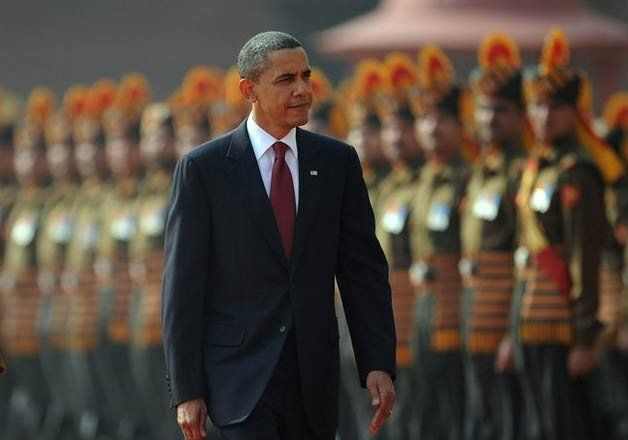Barack Obama, the 44th President of the United States, came into office in 2009 with a promise of change and a commitment to ending the wars in Iraq and Afghanistan. However, his presidency was marked by continued military interventions and conflicts around the world, leading to criticism and debate over his role in causing war.
Early Promise and Challenges
Obama's early years in office were defined by efforts to wind down the wars in Iraq and Afghanistan, fulfilling a campaign promise to end America's involvement in these conflicts. He announced a timeline for the withdrawal of troops from Iraq and surged troops into Afghanistan to combat the Taliban insurgency.
Expansion of Drone Warfare
One of the most controversial aspects of Obama's presidency was the expansion of drone warfare. The use of drones to target suspected terrorists in countries like Pakistan, Yemen, and Somalia led to civilian casualties and raised concerns about the legality and morality of such operations.
Intervention in Libya
In 2011, Obama authorized military intervention in Libya to support rebel forces against the regime of Muammar Gaddafi. While the intervention helped oust Gaddafi from power, it also plunged the country into chaos and civil war, leading to criticism of Obama's decision-making.
Escalation in Syria
The Syrian Civil War, which began in 2011, saw Obama grapple with how to respond to the crisis. While he resisted calls for direct military intervention, he supported rebel groups and authorized airstrikes against the Islamic State (IS) in Syria, leading to further escalation of the conflict.
Legacy and Criticism
Obama's presidency ended in 2017 with the United States still involved in conflicts in Iraq, Afghanistan, Syria, and other parts of the world. Critics argue that his policies contributed to the prolongation of these conflicts and the destabilization of regions, while supporters maintain that he faced complex challenges and sought to minimize U.S. involvement in foreign wars.
In conclusion, the debate over Barack Obama's role in causing war during his presidency is complex and multifaceted. While he campaigned on a platform of ending wars and promoting peace, his tenure saw continued military interventions and conflicts, raising questions about the limits of presidential power and the complexities of foreign policy in a turbulent world.


